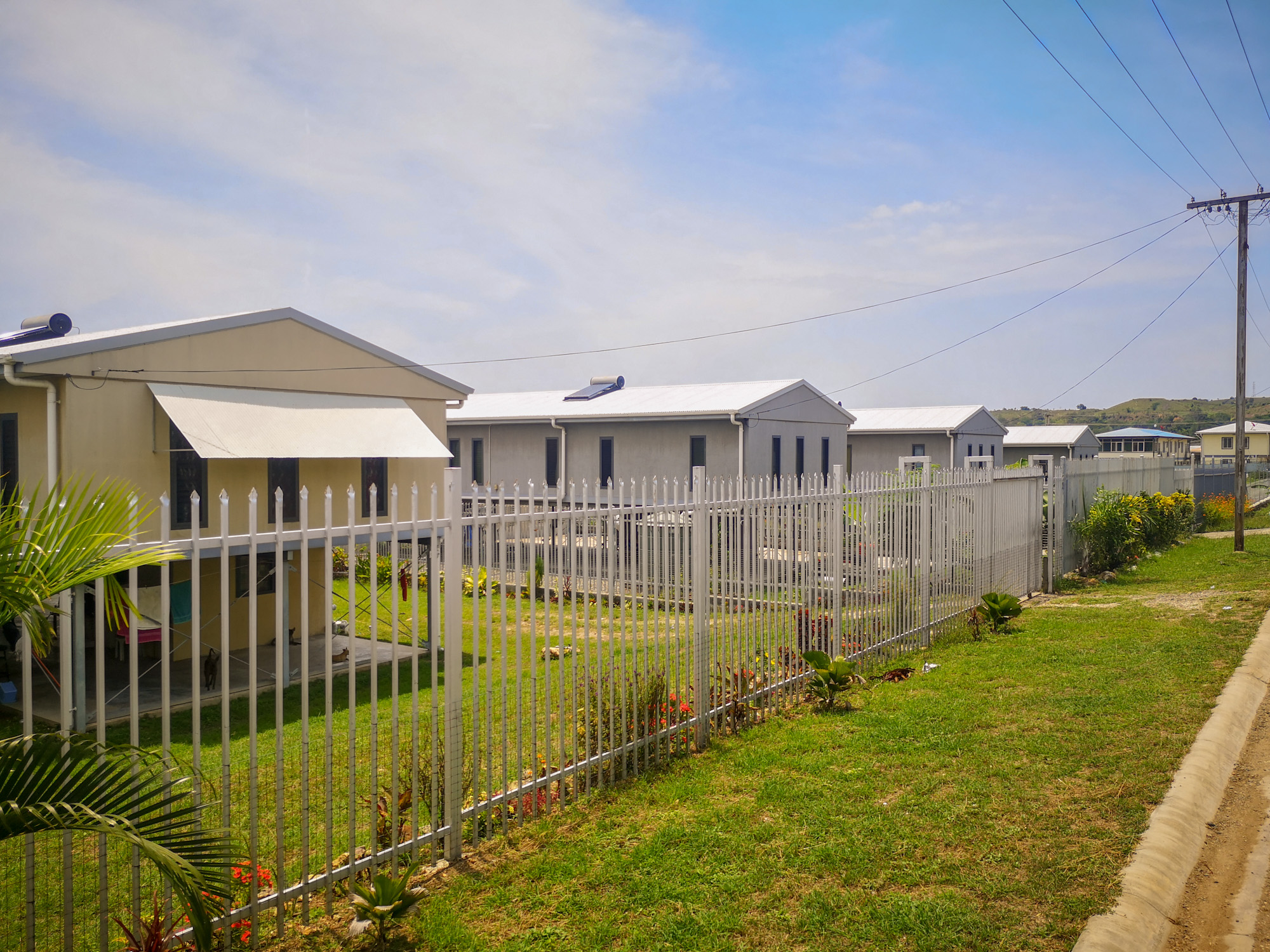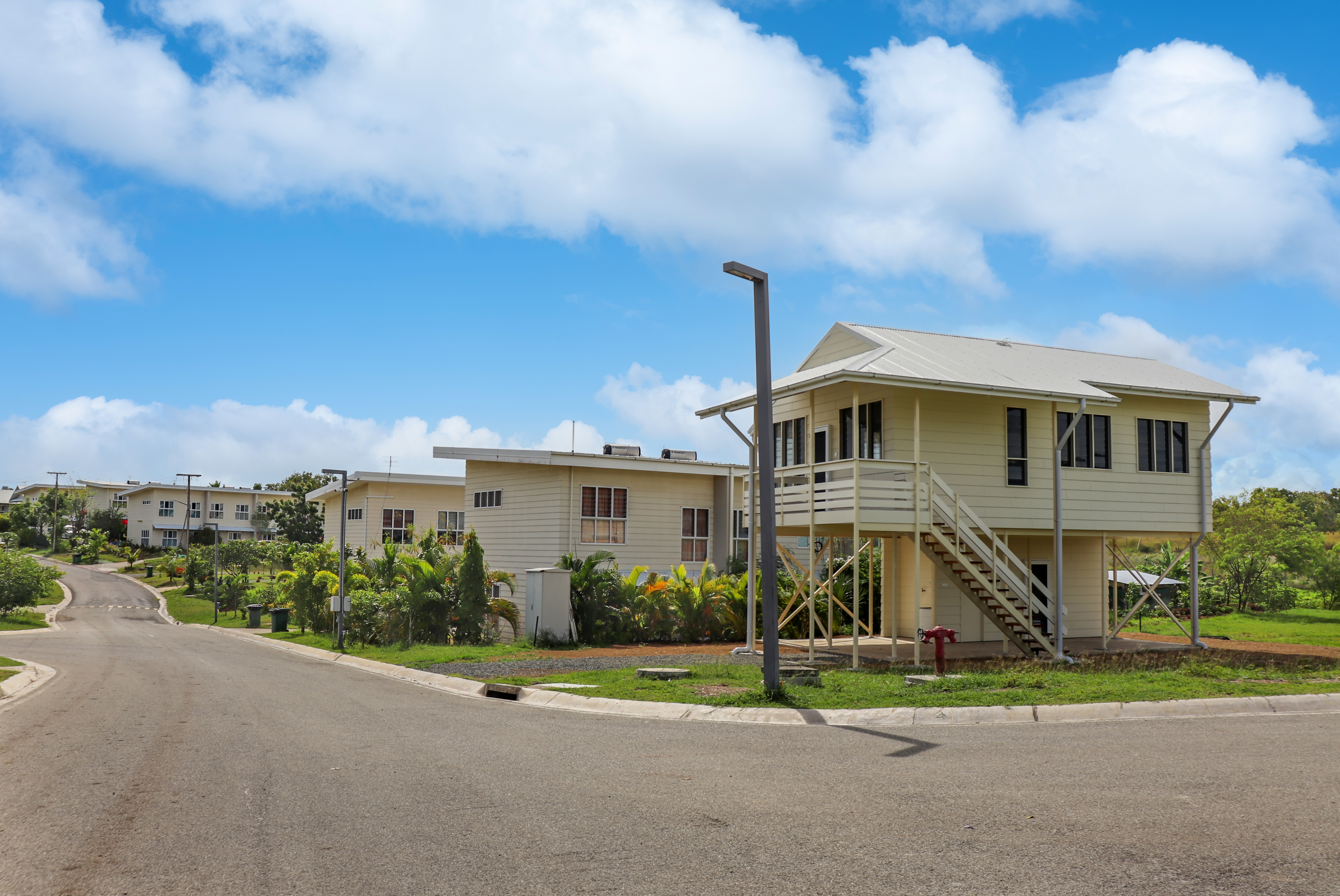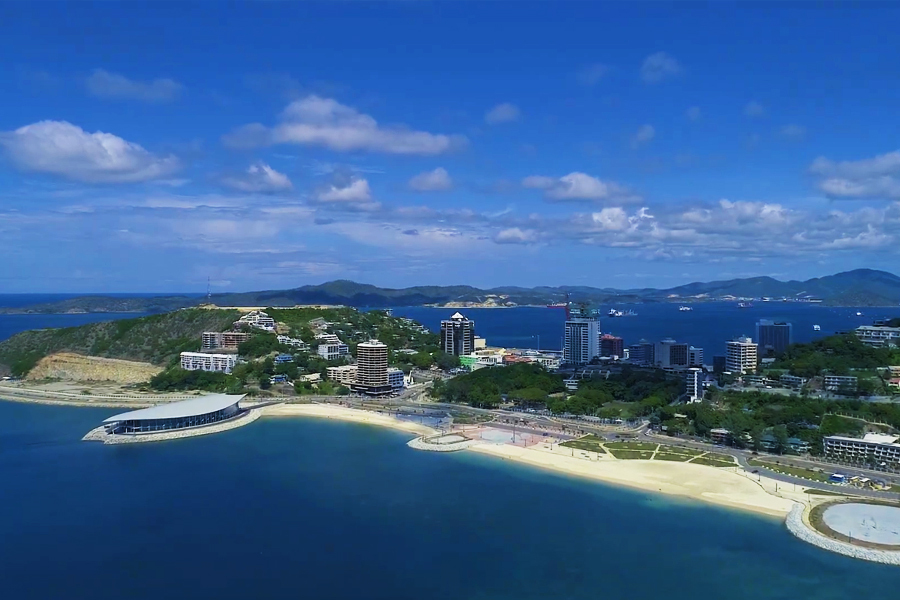The recent figures for the Consumer Price Index in Papua New Guinea show a vertical shift for housing and health industries in the last four months. Since October the health sector has experienced a dramatic growth of 24.1percent in CPI conquering the first position in the Consumer Price Index.
Also the Real Estate sector shows a similar and interesting trend with CPI scaling by 14.9 percent. While CPI graph for the health sector literally shows a skyrocket trend from October to December and a gradual increase afterwards, the real estate market CPI shows a steady increase over time.
It is interesting to notice that the rise for the health group in its Consumer Price Index was due to the increase in health consultation fees in private hospitals, probably in response to the introduction of new facilities and the need to cover the costs. However, the increase in consultation fees was not the only responsible factor for the general rise of the CPI; as a matter of fact, individual prices of medical products, such as pain killers and antibiotics, have increased substantially leveraging health’s CPI.
The Real Estate Market CPI increase reflects with major improvements and new developments
Similarly, the real estate market has experienced a strong growth due to Government and private initiatives to restore old buildings and run general maintenance activities. Some of these initiatives include the First Home Ownership Scheme introduced by the Bank of South Pacific, which provides clear guidelines and privileges to first home buyers in order to buy a house. Recently, the O’Neill Government is also working toward giving 40,000 free land titles to public servants and then to working class individuals to push the country toward faster development. One of the most acclaimed and ambitious projects is the Duran farm, which is a major master plan worth K7 million being built just outside of Port Moresby and is expected to provide 2500 houses yearly per contractor. In addition to the housing project, several amenities will be built around Duran Farm, such as schools, hospitals and banks.
Papua New Guinea is heading toward exponential growth
All these initiatives have made homes for sale and rent more expensive with owners hoping to close advantageous deals with potential tenants or buyers. As discouraging as it may sound, the increase in rentals and sales might not entirely be a bad news as this means also facility improvements, regular maintenance activities and repair operations along with upcoming new developments in city areas.
From these statistics it is reasonable to think that an increase in health and real Estate CPI, respectively by 24.1 and 14.9 percent, is proportionally linked to the introduction of better health care, improved facilities, and a general increase in the standard of lifestyle and security across major cities of Papua New Guinea.




Comments